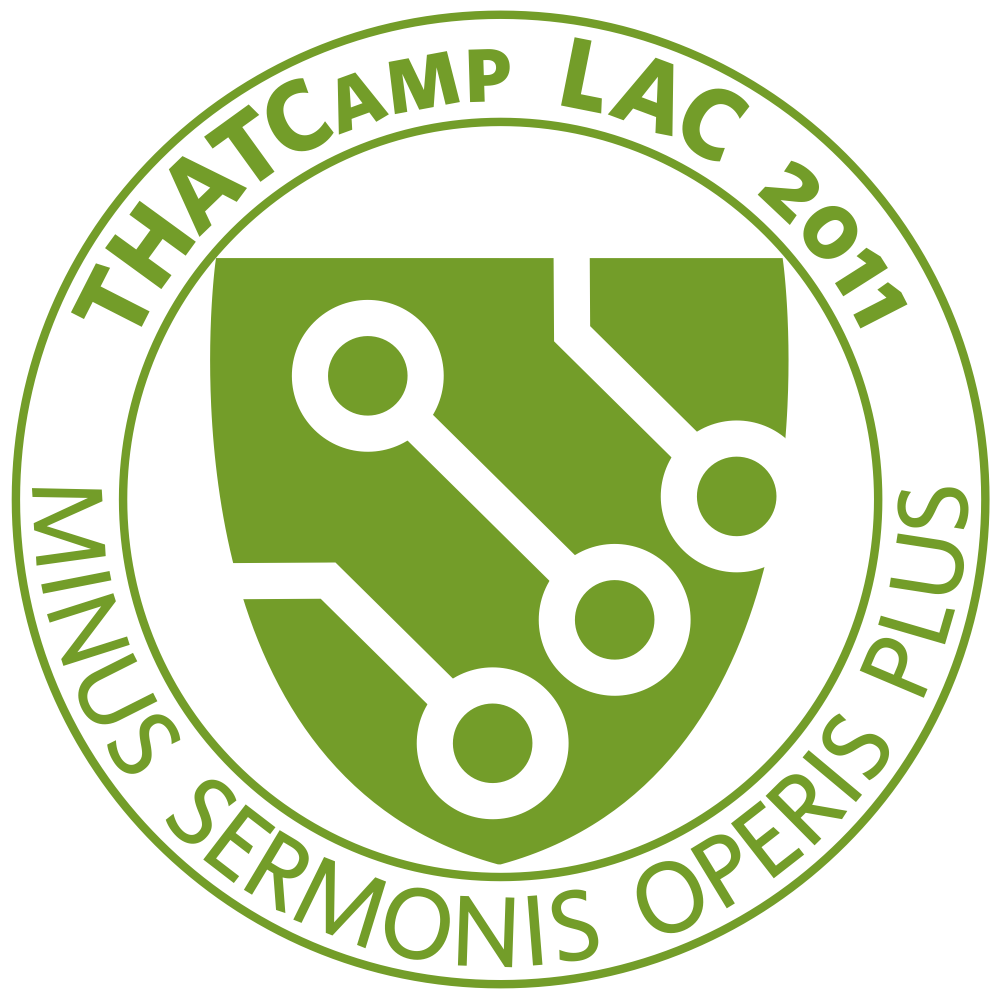Gretchen Panzer and I have just finished a digital archive of North Wind: A Journal of George MacDonald Studies (1982-present). We’d like to see how to make the archive more interactive–we were constrained by our college’s use of Cascade. In addition, we are creating a digital archive that will supplement the publication of MacDonald’s At the Back of the North Wind (1871), a children’s fairy-tale novel–we will provide additional information from the nineteenth century to situate the novel more specifically to the Victorian age. Thus we’d like to discuss the strategies to use to create platforms for digital archives that are defined by the field.
Session Ideas
Bootcamp Posts
-
Recent News





